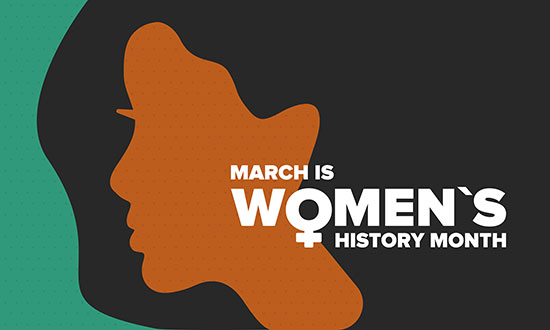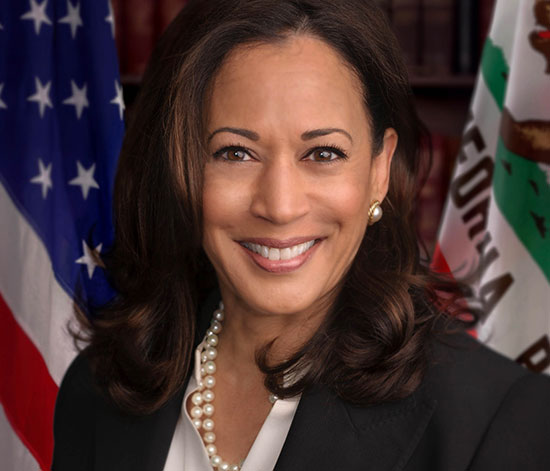Good idea
Board Games: The ‘Risk’ of Redistricting

By state constitution, the Wisconsin Legislature redraws voting districts every 10 years, known as redistricting, to account for shifts in population.
A basic requirement is that voting districts be relatively equal in population, giving each voter in each district equal voting power.
After the 2020 census, the state legislature will redraw the voting district maps that will apply for the next 10 years – a process that often ends up in litigation with allegations of partisan gerrymandering, the manipulation of maps to favor one political party over another.
Here’s an idea: why not draw the maps through a competitive board game instead?
U.W.-Milwaukee Applied Sciences and Engineering Professor Matthew Petering has created a new board game called Distrix.
“In 21st century America two entrenched political parties – Red and Blue – have discovered a unique method for organizing the new legislature of the 51st U.S. state: the parties have agreed to form the state’s nine legislative districts by playing a competitive game against each other,” the Distrix website notes.
“A map displaying the state’s 36 communities is placed at the center of a negotiating table, and the parties take their seats around it. The game that they play – Distrix –determines who controls the state legislature.”
Got a Nugget to Share?
Send your ideas for interesting facts, trends, tips, or other bits and bytes to wislawmag@wisbar.org, or comment below.
From the Archives
Women Lawyers: Making Slow Inroads as Equity Partners

Thirty-five years ago, in 1986, the Wisconsin Bar Bulletin (now the Wisconsin Lawyer) published a special focus issue on women in the law. One of the articles was “A Look Into the Future for Women in the Law.”
In that article, Diana Balio wrote that, according to computer predictions, women would be more than half the lawyers in the United States after the year 2000.
When Balio wrote the article in 1986, women were 40 percent of law school enrollments but only 12 percent of all U.S. lawyers.
In 2021, and for the last decade, women represent approximately half of all U.S. law school enrollments.
Currently, women lawyers are 37 percent of all lawyers in the U.S., up from 31 percent in 2010, according to the American Bar Association.
Nearly half of all law firm associates in the U.S. are women, according to the National Association of Women Lawyers (NAWL). But only 21 percent of all law firm equity partners are women. What does it mean?
“[T]he progress women have made in law firms over the last decade has been slow and incremental at best, and law firms continue to face challenges with respect to supporting and promoting women and diverse attorneys,” the NAWL’s 2020 Survey Report concluded.
“Now, the representation of women and diverse attorneys in law firms and the legal profession are newly threatened by a global pandemic that has put financial pressures on law firms – the type of financial stress that has resulted in cuts to diversity efforts and diverse representation in the past.”
#WomensHistoryMonth
By the Numbers
245
– The total number of federal court judges appointed by former President Donald Trump (2017-20), including three U.S. Supreme Court justices, during his four-year term. Federal judgeships are lifetime appointments.
President George H.W. Bush appointed 197 judges during his four-year term (1989-92), including two justices, and President Jimmy Carter (1977-80) appointed 262 judges during his four-year term (but no justices).
Among two-term presidents since the 1930s, President Ronald Reagan leads the pack with 402 judicial appointments, including three justices, followed by Bill Clinton (387), George W. Bush (340), and Barack Obama (334).
Current U.S. Supreme Court justices by appointment:
- Clarence Thomas (Bush I, 1991)
- Stephen Breyer (Clinton, 1994)
- John Roberts (Bush II, 2005)
- Samuel Alito (Bush II, 2005)
- Sonia Sotomayor (Obama, 2009)
- Elena Kagan (Obama, 2010)
- Neil Gorsuch (Trump, 2017)
- Brett Kavanagh (Trump, 2018)
- Amy Coney Barrett (Trump, 2020)
Source: U.S. Senate; U.S. Courts
Tech Tip
Up Your Game: Upgrade to 5G Cell Coverage

5G stands for the fifth generation of mobile communications. According to the Federal Communications Commission (FCC), 4G can support download speeds between 12 and 36 megabytes per second (Mbps), while 5G can support download speeds of at least 300 Mbps (and up to 1,000 Mbps).
To provide context, the FCC explains that it takes almost six minutes to download a full-length movie over 4G coverage. With 5G coverage, the same movie can be downloaded in approximately 15 seconds.
To obtain 5G coverage, first check whether your wireless provider offers it.
Next, make sure 5G is supported in your area. Then, obtain a phone that supports 5G technology. For suggestions on phones or wireless providers that support 5G, see “Pick Your Winner: 2021 Smartphone Lineup” (Wisconsin Lawyer, January 2021).
Why upgrade? 5G networks continue to be built nationwide and will eventually replace 4G networks. If you travel and use your 5G-enabled cell phone as a wireless hotspot, you will notice significantly increased speeds in 5G-supported areas.
Last, as with other significant technology upgrades, in the future you will likely need 5G coverage to run basic applications on your phone.
Source: Christopher C. Shattuck, Practice Management Advisor (Practice 411™), State Bar of Wisconsin
On the Radar
Back to Work: Wisconsin Federal Nominating Commission
The U.S. Senators from Wisconsin, Sen. Tammy Baldwin and Sen. Ron Johnson, last month announced a renewed agreement establishing their bipartisan Wisconsin Federal Nominating Commission to fill U.S. attorney and federal judiciary positions.
Currently, there are two vacancies for the U.S. attorney posts in the Eastern and Western districts of Wisconsin (U.S. attorneys Matthew Krueger and Scott Blader resigned in February 2021). In addition, there is a judicial vacancy on the U.S. District Court for the Eastern District of Wisconsin (U.S. District Judge William Griesbach took senior status in 2019).
The commission is comprised of six members of the State Bar of Wisconsin, three members appointed by each senator.
Sen. Baldwin appointed Judge Charles N. Clevert Jr. (ret.) and attorneys Lester Pines and Kelly Centofanti.
Sen. Johnson appointed attorneys William T. Curran, Richard Esenberg, and Paul Swanson
(a former State Bar president).
The commission will be co-chaired by Swanson and Judge Clevert Jr.
Quotable
“We need to seize upon this momentum to achieve gender equity in the legal profession, to ensure that women lawyers have more leadership roles and opportunities.”

– Terri Mazur, chair of the New York State Bar Association’s Women in Law Section.
Terri Mazur, a trial lawyer, noted the recent election of Kamala Harris as vice president and the most-ever number of women and women of color in Congress, with 141 seats. At the same time, she said, the legal profession must do more to ensure women have more leadership roles.
“While women have made great strides – approximately 50% of graduating law school classes and 47% of incoming law firm associates are women – law firms are still losing significant numbers of women by the time partnership promotion decisions are made,” Mazur wrote in the New York Law Journal.
“Women remain starkly underrepresented in leadership roles, such as equity and managing partners, general counsels, U.S Attorneys, and other government leadership positions.”
Mazur also noted two critical barriers to advancing women lawyers: 1) primary responsibility for domestic matters, such as child and elder care; and 2) unconscious and conscious bias.
“The disruption of 2020 offers opportunities for the legal profession to undergo transformative change,” she wrote.
#WomensHistoryMonth
